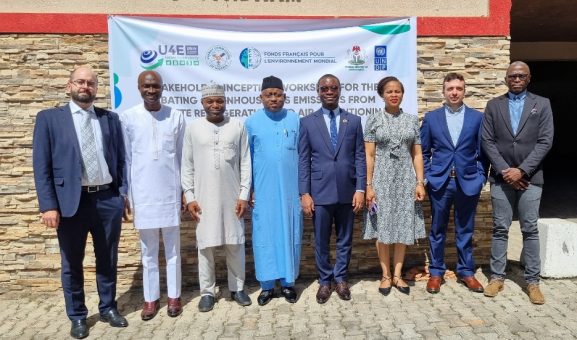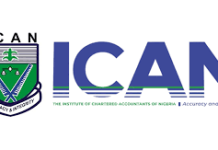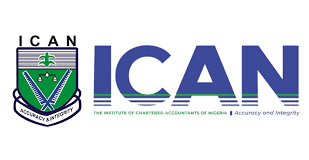The Federal Government of Nigeria launches the Abating Greenhouse Gas Emissions from Obsolete Refrigeration and Air Conditioning (AGORA) Equipment project to address greenhouse gas emissions and combat climate change.
The initiative is unveiled at a workshop in Abuja, organized by the Federal Ministry of Environment’s National Ozone Office in collaboration with the Energy Commission of Nigeria, United Nations Environment Programme (UNEP), United for Efficiency (U4E), and the United Nations Development Programme (UNDP).
Mr. Idris Abdullahi, National Coordinator of the National Ozone Office, states that the project focuses on promoting energy-efficient and low-global warming potential (GWP) technologies in the refrigeration and air-conditioning (RAC) sector.
“The AGORA project provides an opportunity to advance energy-efficient and low-GWP technologies. By strengthening policies, regulations, and partnerships, we aim to reshape refrigeration and air-conditioning standards in Nigeria, reduce greenhouse gas emissions, and support sustainable economic growth,” Abdullahi says.
Abdullahi highlights Nigeria’s progress in implementing the Montreal Protocol on Substances that Deplete the Ozone Layer and the Kigali Amendment. For over three decades, the country has phased out ozone-depleting substances across sectors such as refrigeration and foam production.
“The AGORA project builds on our commitment to driving energy-efficient and low-GWP technologies in the RAC sector. It focuses on replacing outdated equipment, reducing emissions, and fostering market transformation across Africa,” he adds.
The project also aims to improve energy access, advance sustainable cooling solutions, and create economic opportunities by enhancing regulatory frameworks and partnerships.
Dr. Shehu Mustapha, Scientific Officer at the Energy Commission of Nigeria, highlights the project’s role in advancing energy-efficient cooling technologies. “The AGORA project directly supports Nigeria’s climate goals by improving energy efficiency, reducing greenhouse gas emissions, and driving sustainable growth,” he explains.
Mr. Joel Darkwah, Regional Policy and Technical Specialist for UNDP Africa, applauds Nigeria’s leadership in environmental sustainability. “Nigeria remains a global leader in implementing the Montreal Protocol. The AGORA project reinforces this leadership while promoting regional collaboration with Ghana,” Darkwah states.
He also calls for proper disposal of obsolete equipment and urges the media to increase public awareness of sustainable cooling practices to ensure the project’s success.













